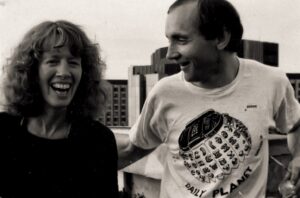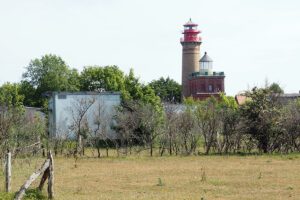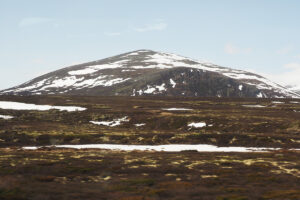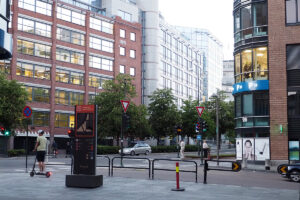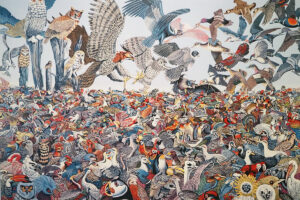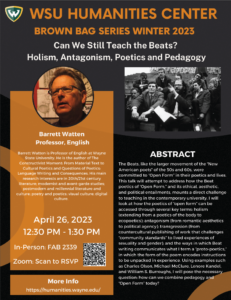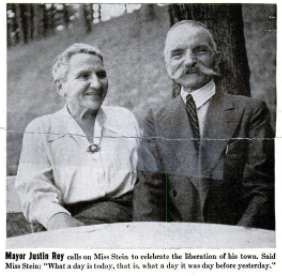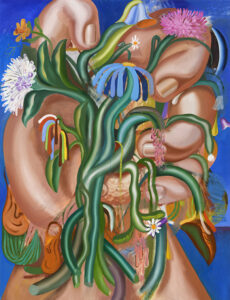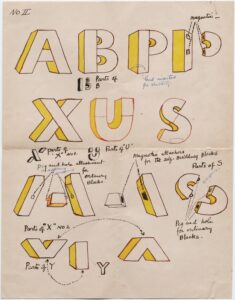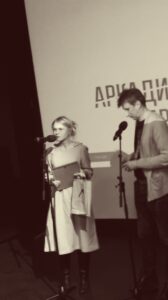SESSION PROPOSAL WITHDRAWN
Poetry, Translation, and Crisis:
From the Post-Soviet Moment
to War and Emigration
American Comparative Literature Association
Montréal, 14–17 March 2024
Due to the difficult circumstances of the global present,
the organizers have canceled this session proposal.
Stay tuned for plans for a virtual colloquy in 2024.
In 1989 and 1990, eight American avant-garde poets traveled to then-Leningrad to meet with Soviet counterparts, experimental poets working under quasi-nonofficial conditions during late Perestroika. These meetings followed extensive travel and translation activities in the 1980s. Among then-Soviets, the poetic schools of “metarealism” and “conceptualism” were well represented—by poets such as Arkadii Dragomoshchenko, Alexei Parshchikov, Nadezhda Kondakova, Ivan Zhdanov, Ilya Kutik, Nina Iskrenko, Dmitrii Prigov, and Lev Rubinshtein. These events and developing contacts led to the publication of the collectively authored Leningrad: American Writers in the Soviet Union and a flurry of translations. Three decades later, the dialogue between American poets and poets of the former Soviet territory, including both Russia and Ukraine, has continued. A comprehensive anthology of American experimental poetry, Ot “Chiornoi gori” do “Yazikovo picmo” (From Black Mountain to Language Writing), appeared from NLO in late 2022, with a publication event in Moscow and subsequent online reading. Other translations are imminent or postponed under the present circumstances, while interest in and translation of two generations of poets, now disrupted by war and emigration, continues. This session solicits contributions on past and on-going translinguistic, transcultural projects from both periods: the post-Soviet moment and now. What “cultural work” is being undertaken and advanced in these works of translation and affiliation, crossing over global spaces of conflict and establishing global poetic networks? The session language will be mainly in English, but contributions in Slavic languages are encouraged, and hopefully English translations can be arranged.
